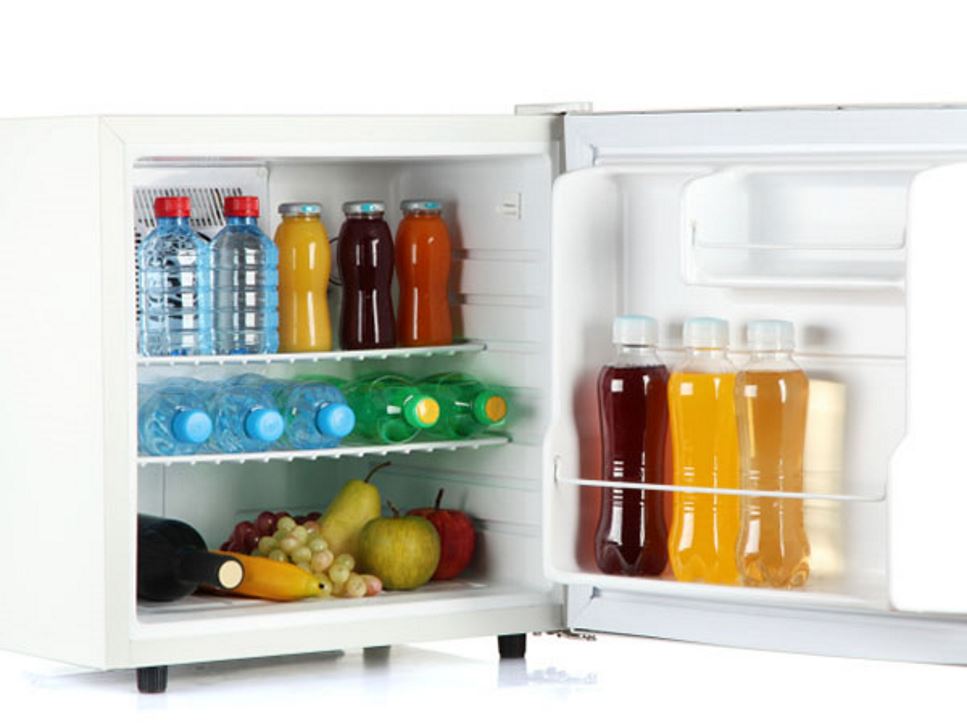College is a busy time full of new experiences. Many students may live in a dorm and use a dorm-size "mini-fridge," which hardly compares to the large, fully stocked fridge at home. Even though a mini fridge may be small, the same food safety principles apply.
Tips for College Students: The Refrigerator
Whether you’re using a mini-fridge or a full-sized one, follow these tips and remember to refrigerate foods quickly to slow the growth of bacteria and reduce your risk of food poisoning.
- The refrigerator temperature should be at 40°F or below and the freezer should be kept at 0°F or lower.
- While refrigerator size may vary, it's important to not over pack the refrigerator as cool air needs to circulate to keep food safe.
- Keep the refrigerator closed as much as possible and don't store perishable foods like milk and eggs in the door, place them towards the center of the refrigerator instead.
- Refrigerate all perishables including leftovers within two hours (one hour if it is over 90°F outside).
- Store foods in containers or wrap them well to prevent moisture loss or absorption of odors.
- Maintain a clean refrigerator and discard foods that are molding or have been kept too long. As a general rule, leftovers should be consumed within three to four days.
Find a Nutrition Expert
Looking for credible nutrition information and recommendations? The Academy of Nutrition and Dietetics' network of credentialed food and nutrition practitioners are ready to help!

